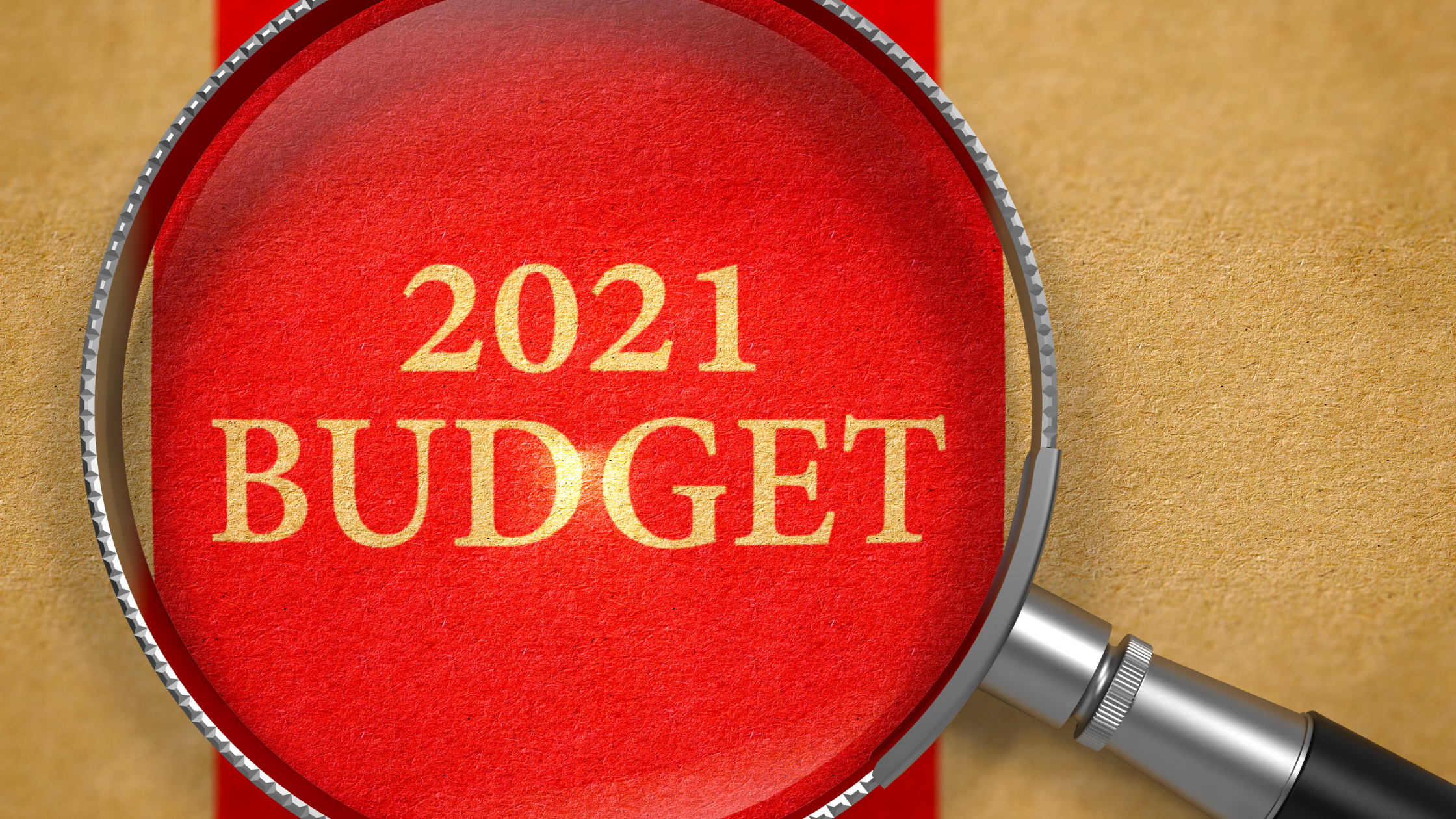
According to Apropos, the 2021 Budget could leave property investors and landlords ‘between a rock and a hard place’. The Budget has shown some promise, but not without its drawbacks and pitfalls.
One of the best things to come out of the 2021 Budget for property developers and investors is the lack of an increase in Capital Gains Tax (CGT). Many predicted that the Chancellor would increase CGT in response to the government’s heavy spending due to COVID-19. However, it was announced that there would be no CGT hike, with annual exemptions also frozen until 2026.
What did increase, though, was Corporation Tax (CT). The rise is not being introduced until 2023, but it will increase from 19% to 25%. The Chancellor has promised this will not affect the smallest companies, with the current rate applying to those with profits of less than £50,000 a year. But, for the entrepreneurial property investor, this rise in tax will more than likely affect you.
With this in mind, the best choice property investors and developers can make is to start adding to their portfolio while the tax remains at its lower rate for the next two years. This move will save you a 6% rise in taxes and allow you to build more profit and savings for further investment after the rates rise.
Although short-term tax announcements were made on Wednesday 3rd March 2021, some other long-term reforms will be held until ‘tax day’ on 23rd March 2021. On this day, the government will issue consultation documents on some taxes and processes.
The Budget also announced the extension of the Stamp Duty Land Tax (SDLT) holiday until the end of June 2021. This extension is great news for property investors who can take advantage of the average £4,500 tax savings many homebuyers have benefited from in this holiday so far. By purchasing property now and more than likely completing it by the end of June, property developers and investors can save themselves some cash.
Now is the preferable time to purchase, as from July 2021, the SDLT thresholds change again. This time to:
- £250,000 for residential properties
- £150,000 for non-residential land and properties.
These rates are set to change once more in October 2021 to:
- £125,000 for residential properties
- £150,000 for non-residential properties
It is clearly a better idea to start building your portfolio now while the SDLT is lower, allowing you to save more money to invest at a later date. Read our tips on completing your property deal before the end of SDLT extension here.
As the UK starts to recover from COVID-19’s economic effects, many have quickly criticised the rise in taxes. David Alexander, joint chief executive officer of Apropos, said that raising taxes at a time of recovery is risky and potentially harmful.
David Alexander added: ‘property investors are an easy target, but all tax rises come with the potential for unexpected consequences…these changes might produce one-off upticks in tax but may encourage many more property investors to transfer their investments elsewhere.’
It can be said that the ‘benefits’ for property investors are more short-term, with the SDLT holiday ending this year and the frozen CT tax rates ending in only two years. In the short-term future and beyond, the increase in CT tax, and the potential for expansion of CGT tax rates in future Budgets, could leave property investors looking to invest their hard-earned cash elsewhere where there is less punitive tax.
David Alexander said that the Chancellor’ not only risks killing investment in the UK property market and causing a shortage of homes for private renters but could create turmoil in the housing sector for years to come.’

